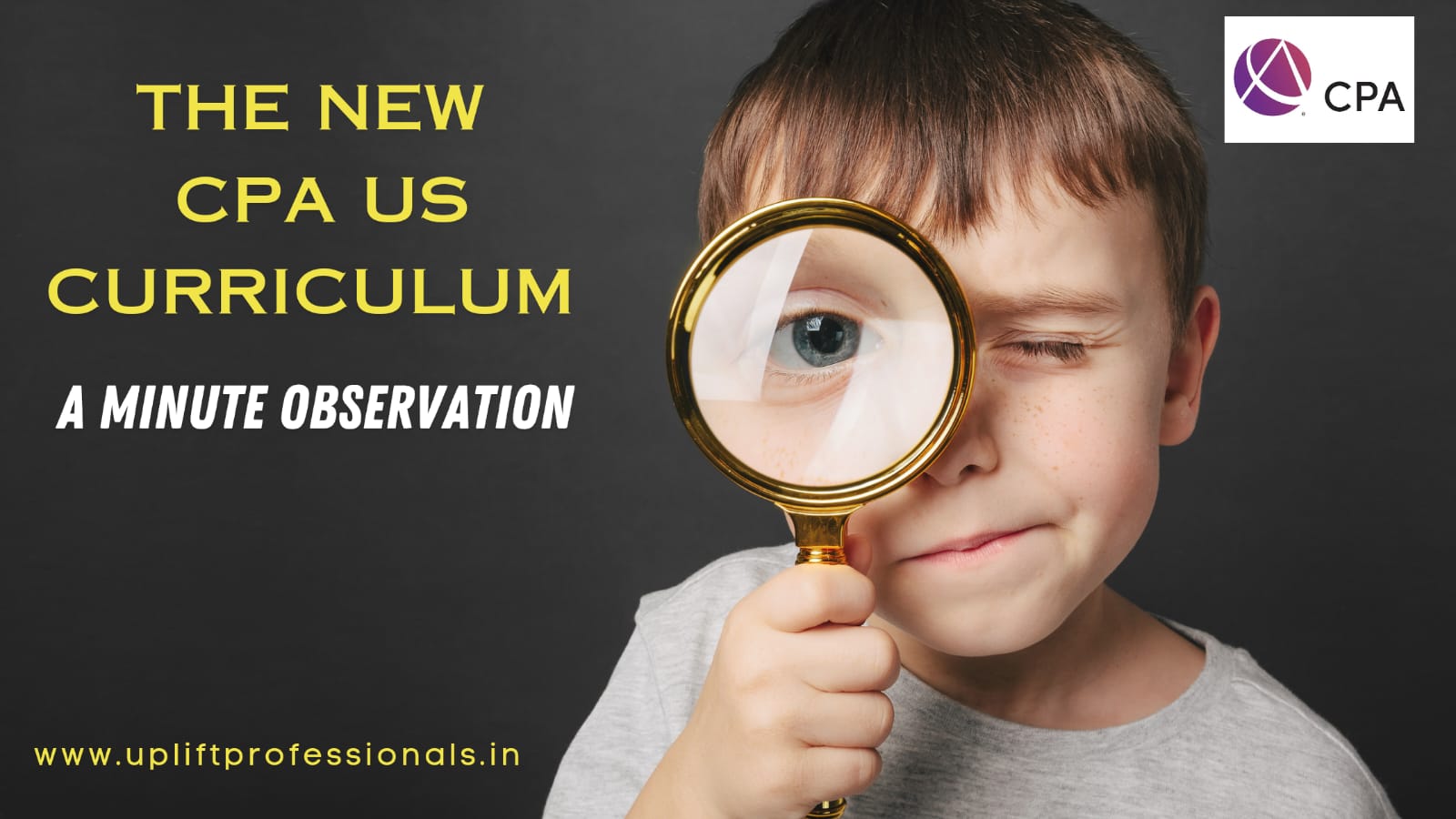Deciphering CPA US Curriculum – Knowing the Essentials
The CPA US (Certified Public Accountant) is a professional accounting designation that is recognized globally. Having a career ambition to become a CPA US is a commendable goal. The CPA US designation is highly respected in the field of accounting and finance and can open various opportunities for professional growth. This accounting credential opens vast […]




